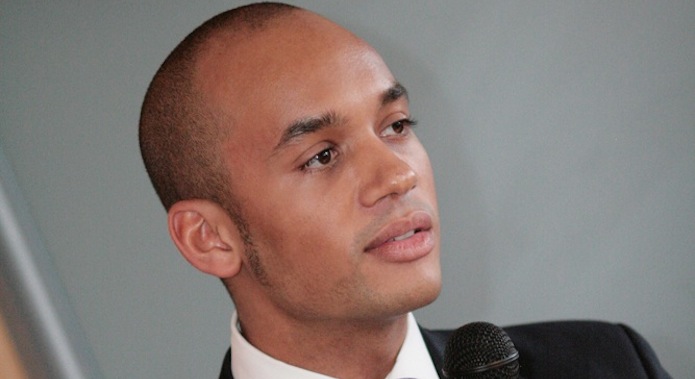It used to be widely acknowledged that it was the Conservative party who led the pack on digital issues. It was the Tories who ‘got it’, thanks largely to George Osborne, Steve Hilton and Rohan Silva.
The seeds for this were sown back in 2006 when Osborne visited California and wrote that ‘in Silicon Valley I have seen the future and at present Britain is not part of it’. This 2009 profile of Hilton was right that while ‘New Labour went policy-hunting on the East Coast, the Tories are going further West’.
In government this translated to welcome policy moves on transparency and digital government, tax breaks for investment, a focus on broadband, and more engagement with startups and VCs than ever before.
Even the Labour people I spoke to admitted this was a problem for them.
But that has changed. A concerted effort has been made to catch up – a series of reviews were commissioned and senior figures started talking about digital issues.
And in recent weeks the impact of this effort is now being felt – Labour are catching up on digital. Three pieces of evidence:
From industrial to digital
First up, a few weeks ago, Jon Cruddas MP – Labour’s policy chief – gave a thoughtful speech at the RSA.
In it he set out a vision of how Labour, a party forged in an industrial society, should approach the digital revolution. Optimistic about the possibilities, but cautious about the impacts on labour markets and inequality.
Second, Labour’s digital policy reviews are bearing fruit. Their Digital Skills Taskforce, led by Maggie Philbin, published an impressive interim report last week.
It’s non-partisan and sets out the huge scale of the challenge, with some decent recommendations for meeting it. Their digital government review, led by Chi Onwurah MP, is also making progress.
Finally, the Labour leadership are taking digital more seriously. While Miliband and Balls may not be as interested as Cameron and Osborne were at this stage of the last parliament, Chuka Umunna has been doing the rounds in recent weeks – appearing at a SMF event on high value entrepreneurship and warmly welcoming the report on digital skills.
Battle lines
Labour’s new thinking on digital also comes at a time when the Tories have lost most of their key thinkers in this field.
Key advisers like Steve Hilton, Rohan Silva, and most recently Tim Luke, have all left Downing Street; while influential BIS minister David Willetts, a champion of innovation policy, resigned in the reshuffle. In this light the appointment of Joanna Shields as a digital advisor is welcome news.
Whichever side of the political spectrum you are on, it is clear that the digital battle lines are being drawn up ahead of next year’s election, with Labour now on a more even footing. We now have a glimpse of what a Labour government might mean for startups and the tech sector more broadly.
While the Tories have focussed on digital entrepreneurship as a driver for innovation and growth, Labour would seek to reduce digital divides and ensure the country benefits as a whole.

